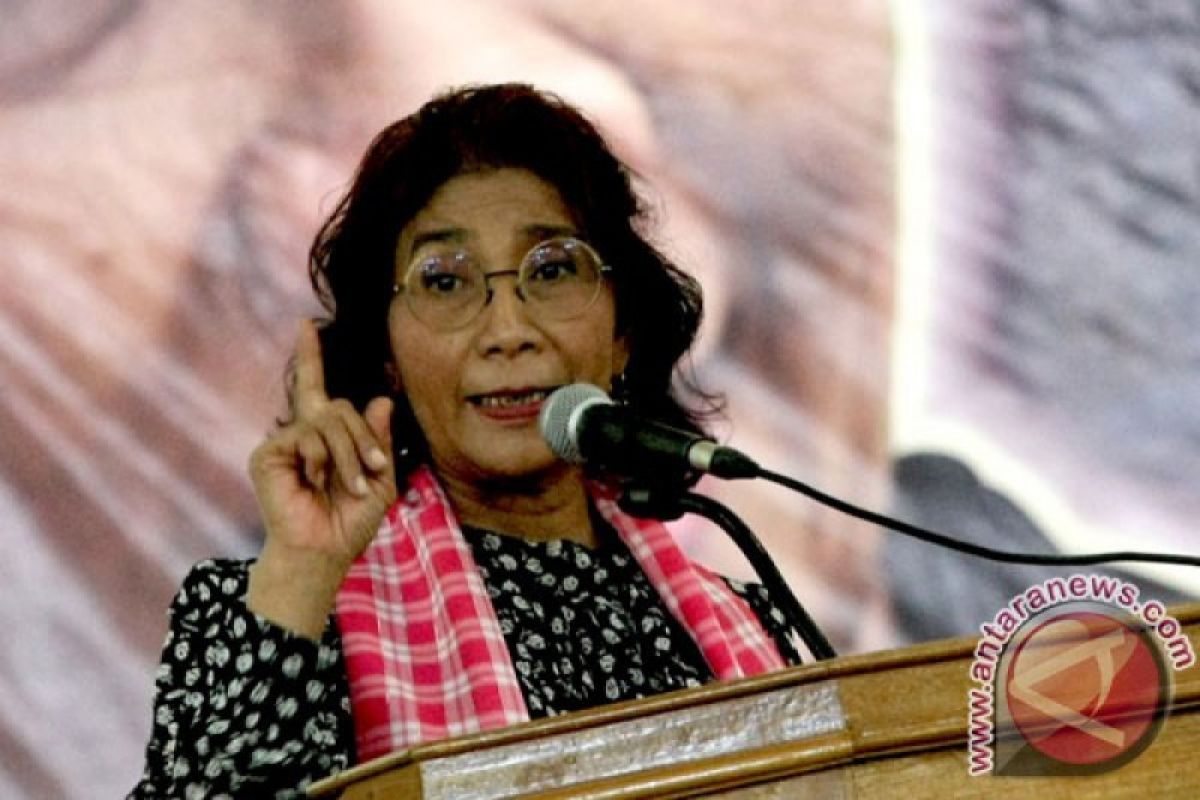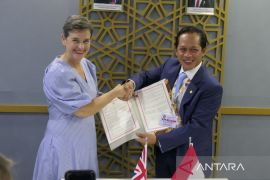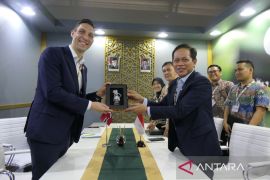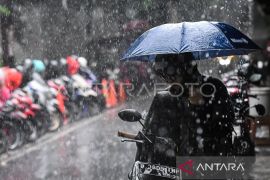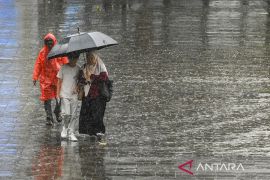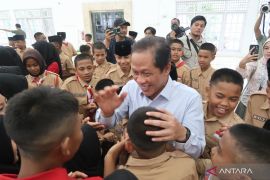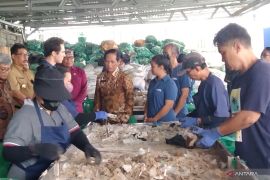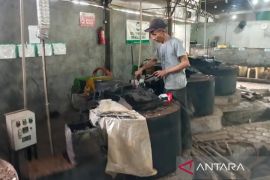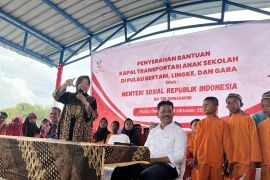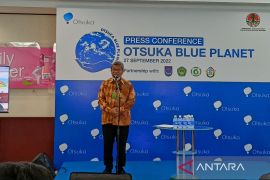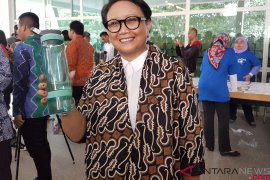"We reduce it starting from us, by not using, producing, or accept plastic waste," Susi Pudjiastuti said in a statement here on Tuesday.Jakarta (ANTARA) - Maritime Affairs and Fisheries Minister Susi Pudjiastuti has called on Indonesians to curtail the production of plastic waste, as it can degrade the environmental quality, especially in oceans and rivers.
"The efforts to reduce it start from us, by not using, producing, or accepting plastic waste," Susi noted in a statement here on Tuesday.
The minister urged the public to use bags not made of plastic that can be reused multiple times.
Susi noted that Indonesia would venture in the right direction if its people begin reducing plastic waste.
In the meantime, Niko Amrullah, chairman of the strategic study of the Indonesian Traditional Fishermen Association (KNTI), remarked that plastic waste polluting the country's waters had proven to be disadvantageous to fishermen, as plastic waste contained hazardous substances that can be consumed by marine biota.
"Firstly, plastics containing hazardous substances deceive marine biota," he pointed out.
Fish often mistook plastic waste as food, and several of them died after consuming plastic waste, he added.
The coordinating minister for maritime affairs has outlined a target to reduce marine debris, mostly plastics, by 70 percent by 2025, in line with Presidential Regulation No. 83 of 2018 on Handling of Marine Debris.
During the 34th Summit of ASEAN held in Bangkok on June 22, ASEAN leaders and Indonesian President Joko Widodo adopted the Bangkok Declaration on Combating Marine Debris in ASEAN Region.
They agreed to intensify actions at the national level as well as through collaborative actions among ASEAN member states and partners to prevent and significantly reduce marine debris, especially from land-based activities, including through environmentally sound management.
The leaders also welcomed the ASEAN Framework of Action on Marine Debris of the Special ASEAN Ministerial Meeting on Marine Debris held on March 5, 2019, in Bangkok, and encouraged the ASEAN member states to implement the Framework in a timely manner.
The Framework encompasses the four priority areas of Policy Support and Planning; Research, Innovation, and Capacity Building; Public Awareness, Education, and Outreach; and Private Sector Engagement.
Each priority area comprises actions and suggested activities for further collaboration in the ASEAN region and among ASEAN and its partners to combat marine debris.
Translator: M Razi R, Fardah
Editor: Bambang Purwanto
Copyright © ANTARA 2019
